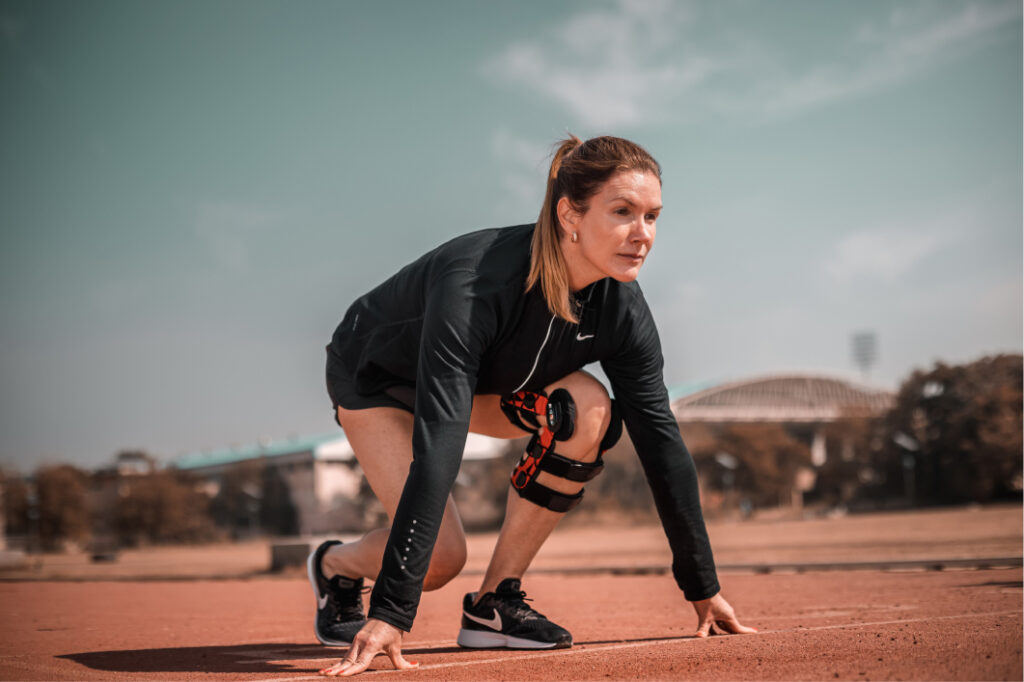Sports Psychology and Injury Recovery: A Winning Combination
For many athletes, injuries are an inevitable part of their sports career. Whether it’s a minor sprain or a more severe injury, being sidelined can be frustrating and challenging. However, by working with a sports psychologist, athletes can develop the mental skills needed to cope with injuries and speed up the recovery process.
Sports psychology is the study of how psychological factors affect athletic performance. It’s a field that has become increasingly important in recent years as athletes and coaches recognize the critical role that mental toughness and resilience play in success. Athletes who work with sports psychologists can learn a range of strategies to help them manage their emotions, set goals, and develop the mental skills needed to perform at their best, even when faced with adversity.
One of the most critical skills that athletes can learn from sports psychology is how to deal with sports-related injuries. Here are a few strategies that can help:
Stay Positive: It’s easy to become negative and demotivated when you’re injured, but staying positive can help speed up the recovery process. Athletes who focus on the opportunities they do have, such as getting rest or working on other aspects of their game, are more likely to make a full recovery.
Set Realistic Goals: Setting goals can help athletes stay motivated and focused, even when they’re injured. Goals should be realistic and achievable, and they should be broken down into short-term and long-term targets.
Develop a Growth Mindset: Athletes who have a growth mindset believe that their abilities can be developed through hard work and dedication. This attitude can help athletes stay motivated and focused on improving their skills, even when faced with setbacks.
Visualize Success: Visualization is a powerful technique that can help athletes stay focused and motivated, even when they’re not able to physically practice. By visualizing themselves performing well and achieving their goals, athletes can maintain their confidence and motivation.
Seek Support: Talking to teammates, coaches, or a sports psychologist can help athletes develop coping strategies and find support when they’re feeling frustrated or demotivated.
In conclusion, injuries can be a challenging and frustrating part of an athlete’s career. However, by working with a sports psychologist, athletes can develop the mental skills needed to cope with injuries and speed up the recovery process. By staying positive, setting realistic goals, developing a growth mindset, visualizing success, and seeking support, athletes can overcome adversity and perform at their best, even when injured.

